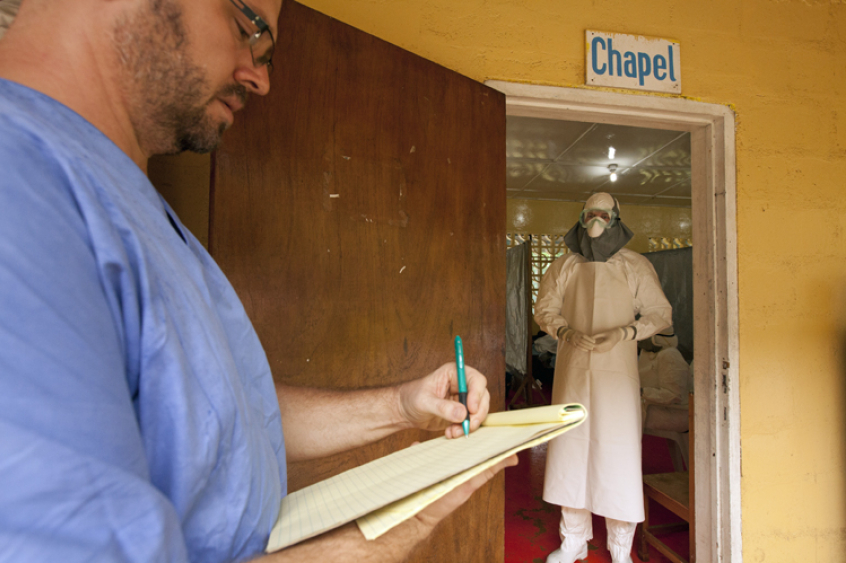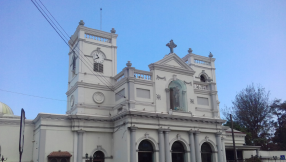
Dr Kent Brantly is making his way back to the US on a specially fitted plane to receive treatment for Ebola.
He was infected while treating three victims of the deadly virus at a Samaritan's Purse treatment centre in Liberia.
The virus has swept across west Africa, killing 729 people so far and sparking fears that it will spread to other parts of the world.
Dr Brantly is being flown back ahead of missionary and fellow American, Nancy Writebol, who was also struck down by the disease. She was serving in the country with Christian organisation SIM.
NBC News said the US State Department was working to return her back to the US for treatment in the next few days.
It is not clear when Dr Brantly will land but his plane is headed for the Dobbins Air Force Base in Marietta, Georgia. After landing, the 33-year-old husband and father of two will be transported to Emory University Hospital in Atlanta.
Dr Brantly was the medical director for the Samaritan's Purse Ebola Consolidated Case Management Center. He spent hours caring for the centre's three Ebola-stricken patients in Monrovia before becoming infected himself. He was receiving treatment in an isolation unit at a Liberian hospital prior to being flown out of the country.
His family said in a statement they are trusting God: "As people with a deep faith in Jesus, we sincerely thank the thousands of people worldwide who have lifted up Kent and this dreadful situation in prayer. We continue to lean on that faith and take great consolation in our God in these times."













